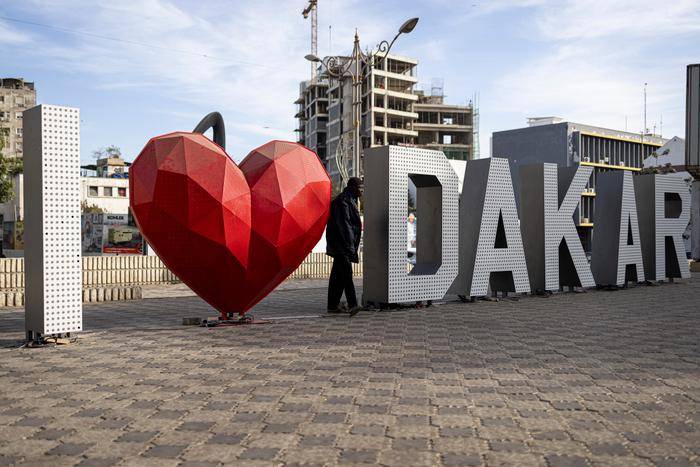Senegal Embarks on Renaming Initiative, Seeking to Erase Colonial Legacy from Streets
The West African nation of Senegal has launched an initiative to rename streets and landmarks bearing French names, a move aimed at decolonizing the country's urban landscape. The effort, spearheaded by the Senegalese government, seeks to reclaim the nation's cultural identity and shed remnants of its colonial past.
The renaming initiative has been met with enthusiasm from many Senegalese citizens, who view it as an opportunity to assert their national pride and independence. Proponents of the initiative argue that the continued presence of French street names serves as a painful reminder of the country's colonial history and undermines its sovereignty.
Senegal was a French colony from the mid-19th century until 1960, when it gained independence. During this period, the French imposed their language, culture, and administrative systems on the country, leaving a lasting impact on Senegal's urban landscape.
Many of Dakar's streets, landmarks, and public spaces still bear French names, a testament to the country's colonial heritage. However, for many Senegalese, these names evoke memories of oppression, exploitation, and cultural erasure.
The renaming initiative is part of a broader effort to revitalize Senegal's cultural identity and promote national pride. The government has established a committee to oversee the renaming process, which will involve consulting with local communities, historians, and cultural experts.
The committee has identified over 200 streets and landmarks in Dakar alone that will be renamed as part of the initiative. The new names will reflect Senegal's rich cultural heritage, honoring notable historical figures, cultural icons, and traditional practices.
The renaming initiative has garnered international attention and support, with many viewing it as a positive step towards decolonization and cultural preservation.
The African Union has praised Senegal's efforts, stating that the initiative "demonstrates the country's commitment to reclaiming its cultural heritage and promoting African identity."
While the renaming initiative has been widely welcomed, there are concerns about the practical implications of the changes. Some have raised questions about the cost of updating street signs, maps, and official documents, as well as the potential impact on tourism and business.
Additionally, there are worries that the renaming initiative may be perceived as an attempt to erase the country's complex history and cultural diversity. Some have argued that the French colonial legacy is an integral part of Senegal's identity and that the renaming initiative should be approached with sensitivity and nuance.
Senegal's renaming initiative represents a significant step towards decolonization and cultural preservation. As the country continues to navigate the complexities of its colonial legacy, the renaming initiative serves as a powerful symbol of national pride and independence.


